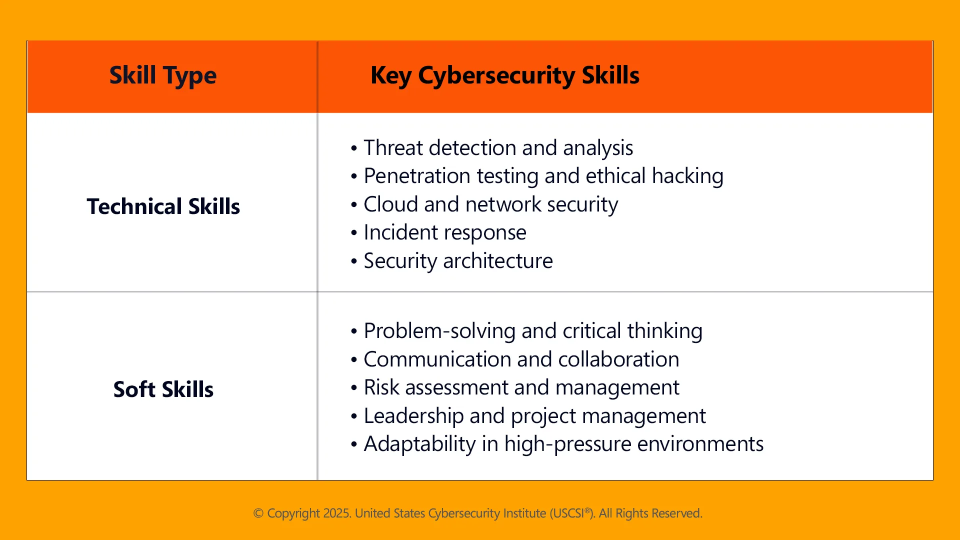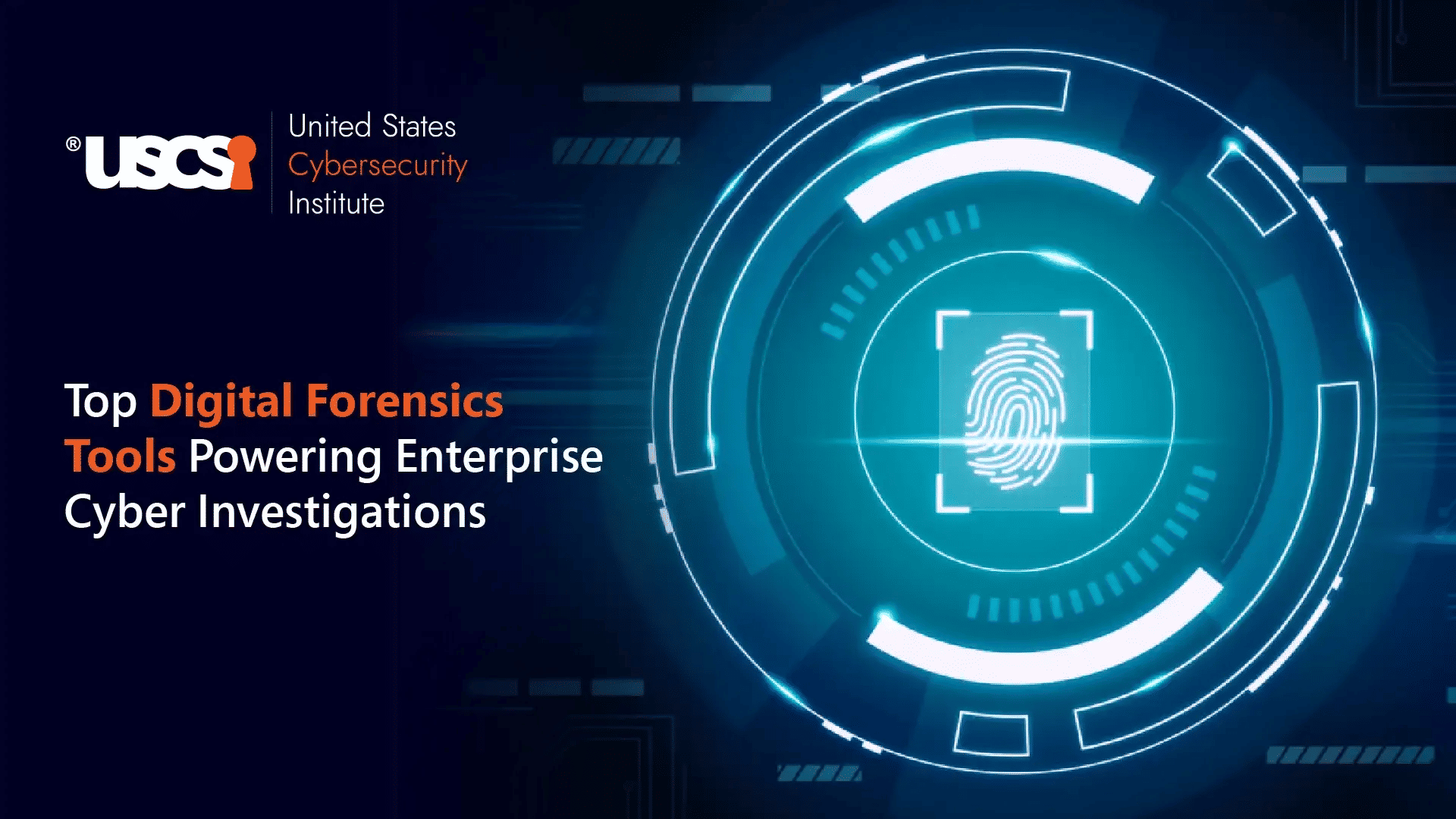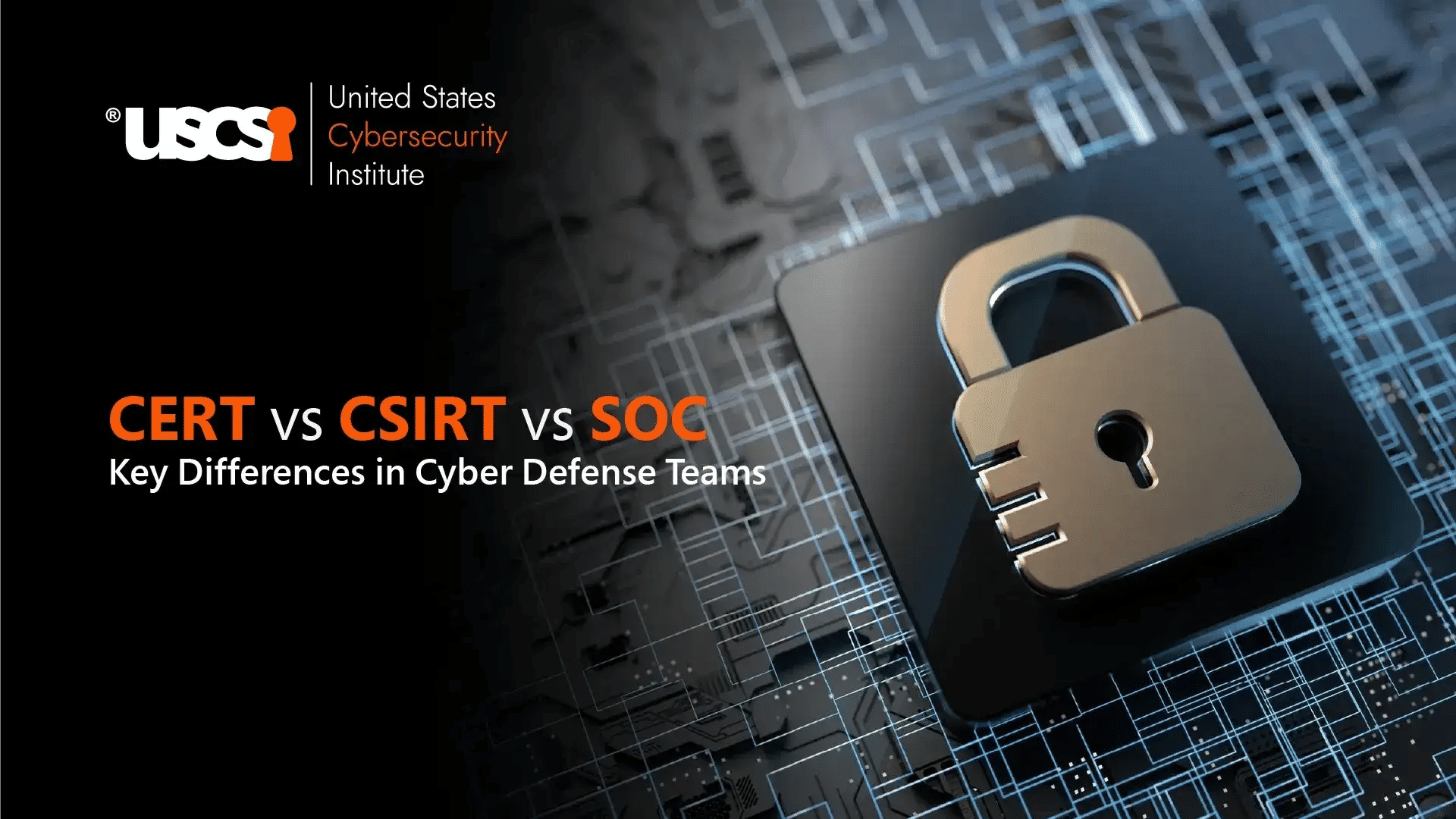

Mapping Cybersecurity Career Path: Roles, Skills & Salaries
Digital infrastructure powers the world, but fast-growing cyber threats march on at an even faster rate. Organizations around the world are racing to build security teams capable of resilience. The talent disparity is growing, which makes this race worse. According to the WEF Global Cybersecurity Outlook 2025, two-thirds of organizations face critical skills shortages, and confidence in defenses is low (14%).
From entry-level positions to senior leadership, there are many options for professional advancement for people with the appropriate training and best cybersecurity certifications. This article outlines a clear, step-by-step career roadmap for cybersecurity professionals, from entry-level roles to executive leadership.
The Five-Step Cybersecurity Career Path
Cybersecurity experts can follow a progressive career path outlined in top industry resources. This is how your path may develop:
-
Entry-Level (1–3 Years)
Cybersecurity professionals in entry-level positions focus on having the technical information they need to start building technical expertise, being exposed to the fundamentals of threat detection, responding to an active incident, and security operation fundamentals. The more common roles or titles for entry-level professionals are associate cybersecurity analyst, SOC analyst, and cybersecurity risk analyst.
Typically, a bachelor’s degree in computer science, information technology, or a related field is required. If the entry-level professional desires to build their technical skills early, the Certified Cybersecurity General Practitioner (CCGP™) certification by USCSI® would be beneficial, as it prepares individuals with foundational knowledge in the areas of threat detection, intrusion prevention, network security, and incident response. Obtaining the CCGP™ gives budding cybersecurity professionals a chance to validate their competence and differentiate themselves from their peers on their first step into a cybersecurity career.
Entry-level salaries for cybersecurity professionals start between $50,000 to $120,000, determined by role and location. (Source: Glassdoor)
-
Mid-Level (3–5 Years)
Mid-level cybersecurity practitioners begin to take on more technically rigorous assignments and specializations like application security engineer, network security engineer, forensics, and penetration testing. Roles at the mid-level include cybersecurity forensics analyst, application security engineer, cybersecurity consultant, network security engineer, and network security analyst.
A bachelor’s degree is common in fields such as computer science, IT, and others, with many professionals pursuing a degree or advanced training along with certifications.
Mid-level professionals can enhance their skills and knowledge through USCSI®'s Certified Cybersecurity Consultant (CCC™) certification. This worldwide cyber consultant certification develops competency in risk assessment, secure design architecture, and cryptography, and introduces important modern concepts that embrace machine learning and data science that align with practitioners' real-world cyber threats.
Salaries for mid-level roles typically range from $75,000 to $150,000, depending on specialization and domain. (Source: Glassdoor and Payscale)
-
Senior-Level (5–8 Years)
The role of a senior cybersecurity professional focuses on leading technical teams, managing risk, and enabling advanced threat detection and response within organizations. Cybersecurity jobs at this level are senior cybersecurity analyst, threat hunter, cloud security analyst, and compliance officer.
Most professionals have a bachelor’s degree, and many professionals will choose to pursue a master’s in cybersecurity, information science, and more. To improve their credibility and technical authority, experienced professionals can pursue the Certified Senior Cybersecurity Specialist (CSCS™) certification from USCSI®. This advanced program provides knowledge and skills in vulnerability management, infrastructure security, threat detection, and compliance leadership and prepares them to lead security operations that manage enterprise-wide risk.
Senior-level salaries typically will fall within the $100,000 - $200,000 bracket, with very specialized experts exceeding these amounts. (Source: Glassdoor)
-
Executive Leadership Level (8+ Years)
At this level, cybersecurity is a very important business process function, where leaders sometimes act as 'influencers' in developing security alignment strategies at the enterprise level. Professionals working generally at the executive level, such as chief information security officers (CISOs), chief cybersecurity architects, and chief cybersecurity strategists, are involved in aligning 'security' with business priorities.
The majority of leaders possess a bachelor's degree, and many have, or are pursuing, advanced degrees (e.g., master's degree) in areas such as cybersecurity, information science, or management. Although executive leadership in this space requires a technical background, it also requires strategic thinking, risk management skills, and the ability to influence executive-level decision-making, including board members. With this level of responsibility often comes large compensation. Executive-level cybersecurity professionals are often paid from $150,000 to $300,000+ for a compensation package, and as the CISO of a large global organization, they can be paid well over a million dollars annually. (Source: Glassdoor)
-
Continuous Learning & Development
In terms of how quickly cybersecurity changes, it is one of the most dynamic industries. In order to keep up, it is necessary to acquire structured learning that develops critical knowledge specific to your role at that particular stage in your career, not just awareness.
Here's an example of how professionals can stay on top of growing threats and changing industry trends:
- Seek out current, globally recognized, accredited cybersecurity courses and certifications at your particular career stage, whether that is foundational, technical, or leadership.
- Attend primary industry conferences like Black Hat, DEF CON, RSA Conference, and Nullcon, as they provide you with exposure to the latest research, threat intelligence, and security tools in the area.
- Participate in Capture the Flag events, hackathons, and cyber labs to get hands-on experience with real-world attack and defense simulations.
- Stay up to date with cybersecurity news, threat reports, and trusted blogs to keep track of changing risks, such as those due to AI, ransomware, and cloud vulnerabilities.
- Take part in leadership development programs to develop skills in security strategy, risk management, team leadership, and working with other teams, all of which are important for senior and executive roles.
Essential Skills for Cybersecurity Professionals
Professionals in cybersecurity require both technical and soft skills to succeed:

Once you climb the ladder in a career in cybersecurity, the availability of leadership skills and business knowledge becomes important, particularly to those who want to get to senior or executive roles.
Your Roadmap to Cybersecurity Success
If you want structure, clear benchmarks, and high earning potential, then the cybersecurity career path is for you. Here's a quick recap of how to build your professional journey.
- Start with fundamental education and entry-level certifications
- Gain practical experience working in security-oriented professional environments
- Further specialization with advanced skills and cybersecurity certifications
- Leadership with senior and executive-level credentials
- Continue to commit to lifelong learning as threats evolve in cybersecurity
If you prefer structured certifications that have been designed by recognized experts in the field, then the USCSI® can help cybersecurity professionals demonstrate their skills and advance confidently, no matter where they are in their cybersecurity careers.
Regardless of whether you have just begun a career in cybersecurity or are looking to take your career to the next level, a measured, skills-based approach will allow you to successfully navigate this critical, high-growth industry.





